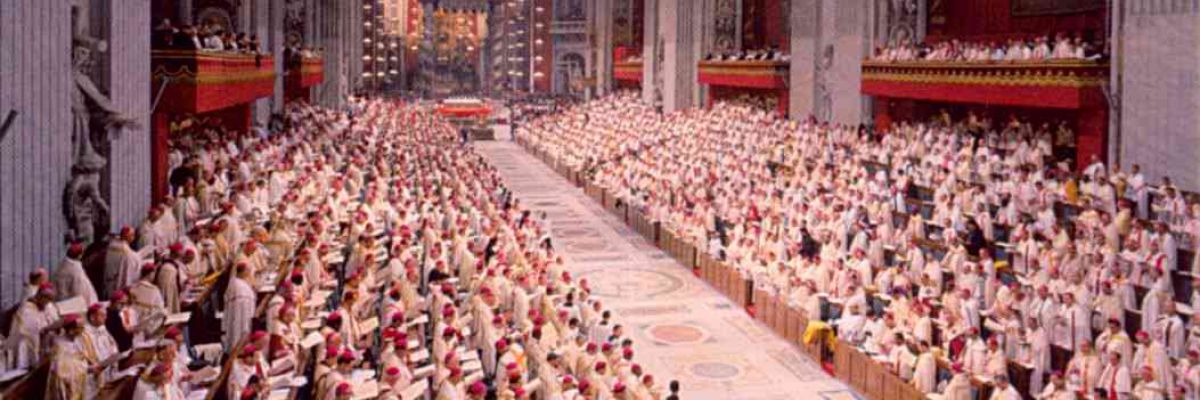
Question:
Answer:
No, there was no clean slate. Ecumenical councils are always called for a specific reason or reasons. For example, the Council of Nicaea was called to address the Arian heresy, which denied the divinity of Jesus Christ. Similarly, the Council of Trent was called to deal with the ecclesiastical fallout initiated by the actions of Martin Luther and other neo-Protestants.
So too the Second Vatican Council. As Pope John XXIII said in his opening speech in October 1962, “The supreme interest of the Ecumenical Council is that the sacred deposit of Christian doctrine be guarded and taught in an increasingly effective way.”
Teaching the deposit of the faith in an increasingly effective way was eventually given various expressions, including the dogmatic constitutions on the Church (Lumen Gentium) and Divine Revelation (Dei Verbum).



